«In the Interest of Democracy»
Extraits
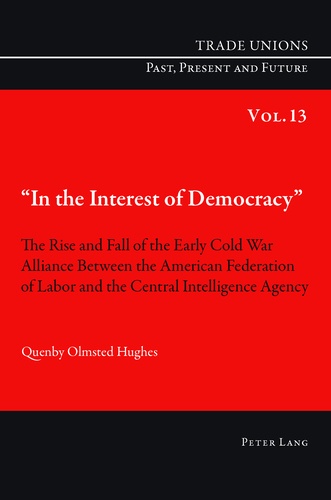
Non classé
«In the Interest of Democracy»
07/2011
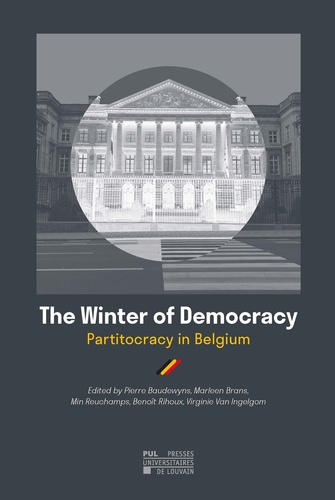
Droit
The Winter of Democracy. Partitocracy in Belgium
06/2022
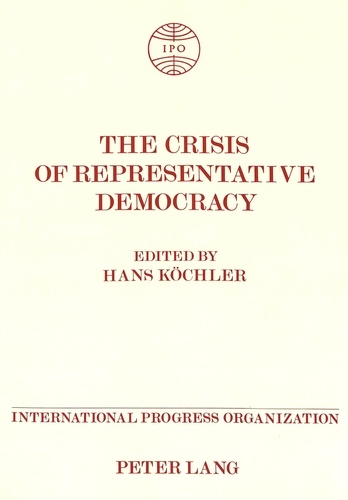
Sciences politiques
The Crisis of Representative Democracy
12/1987
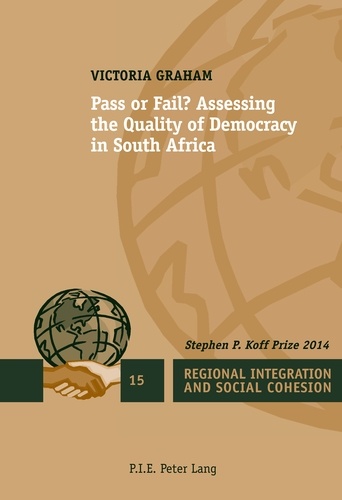
Sciences politiques
Pass or Fail?. Assessing the Quality of Democracy in South Africa
09/1991
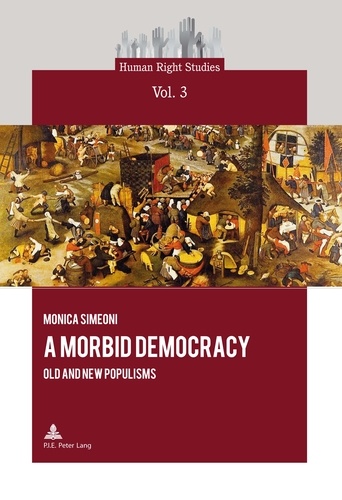
Sciences politiques
A Morbid Democracy. Old and New Populisms
09/1987
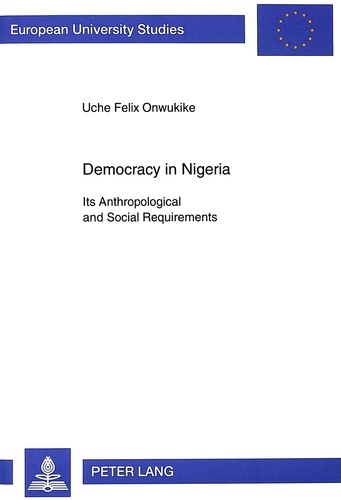
Non classé
Democracy in Nigeria
07/1997

Non classé
Embracing Democracy
09/2014
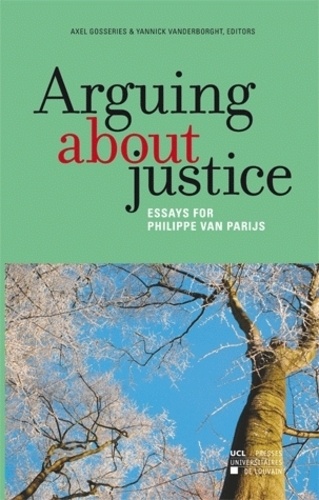
Economie
Arguing about justice. Essays for Philippe Van Parijs
01/2011
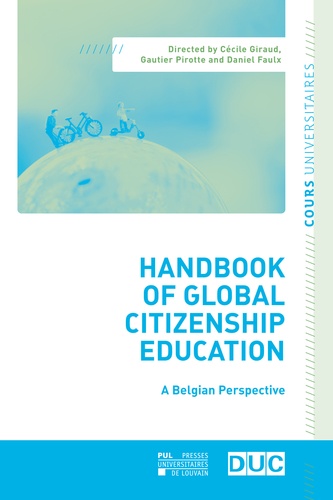
Sociologie
A Handbook of Global Citizenship Education. The Belgian perspective
01/2023
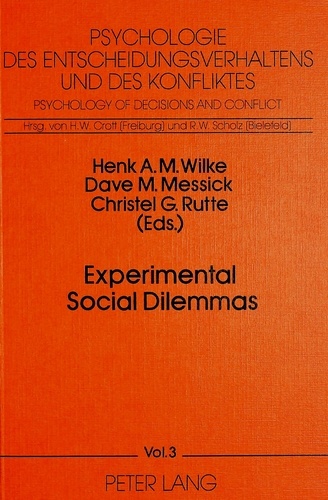
Non classé
Experimental Social Dilemmas
12/1986
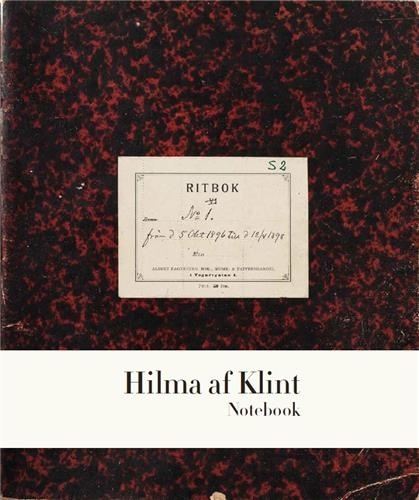
Monographies
Hilma af Klint. The Five Notebook 1
01/2022
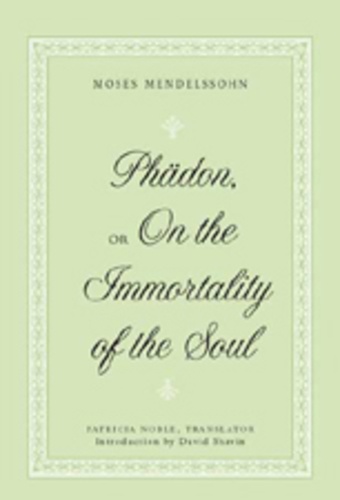
Philosophie
«Phädon», or «On the Immortality of the Soul»
12/2006
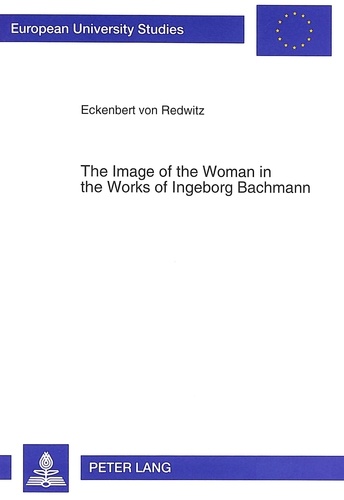
Non classé
The Image of the Woman in the Works of Ingeborg Bachmann
09/1993
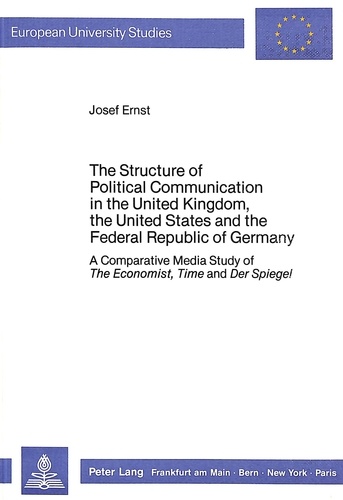
Sciences politiques
The Structure of Political Communication in the United Kingdom, the United States and the Federal Republic of Germany
11/1987
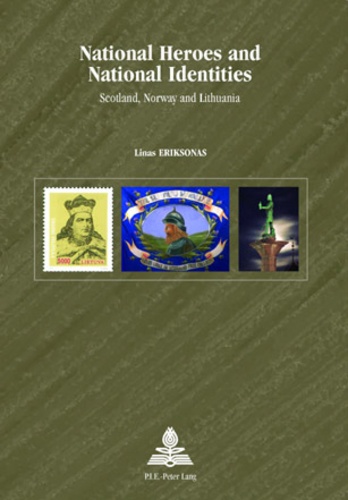
Histoire internationale
National Heroes and National Identities. Scotland, Norway and Lithuania
02/1993
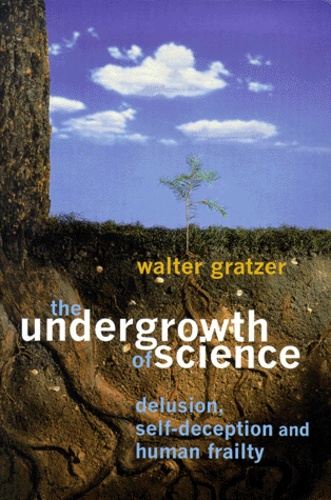
Histoire et Philosophiesophie
The Undergrowth of Science. Delusion, self-deception and human frailty
01/2000
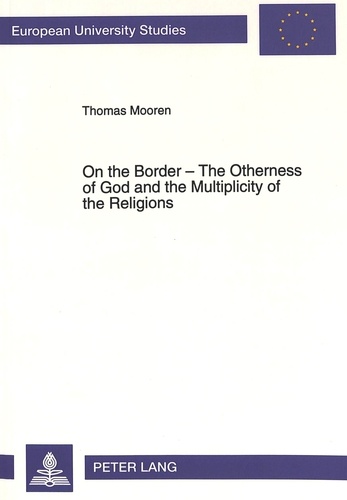
Histoire internationale
On the Border - The Otherness of God and the Multiplicity of the Religions
01/1994
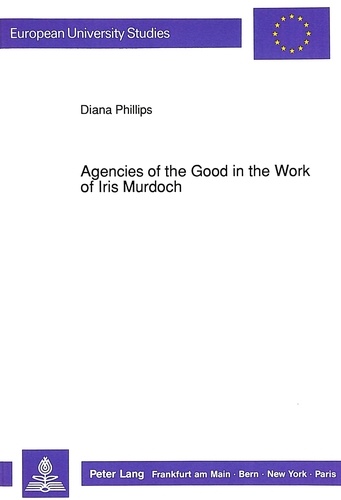
Philosophie
Agencies of the Good in the Work of Iris Murdoch
10/1991
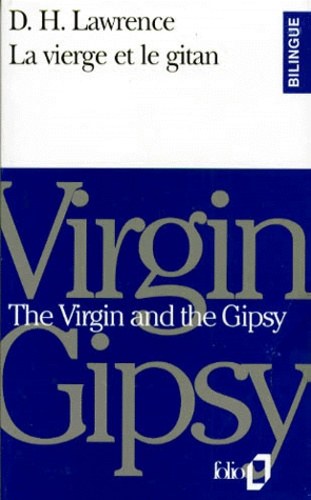
Anglais apprentissage
LA VIERGE ET LE GITAN : THE VIRGIN AND THE GIPSY
02/1993
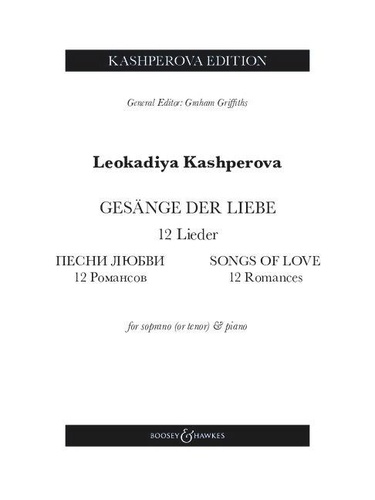
Musique classique
Songs of Love. 12 Romances. 12 Lieder. Soprano (tenor) and piano.
12/2023
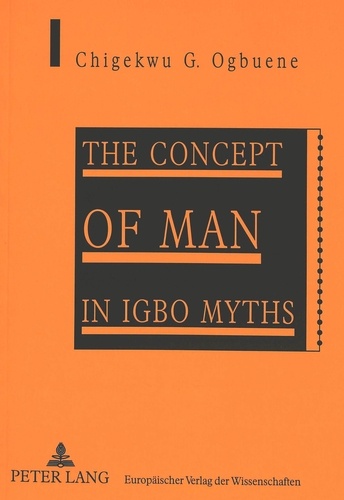
Non classé
The Concept of Man in Igbo Myths
11/1999
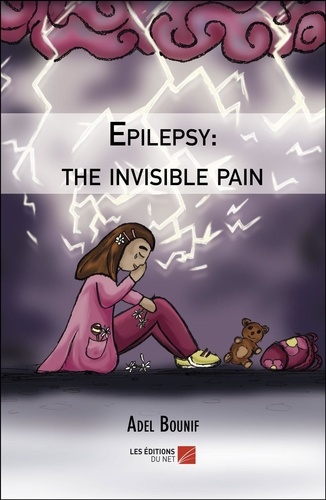
Poésie
Epilepsy: the invisible pain
01/2019
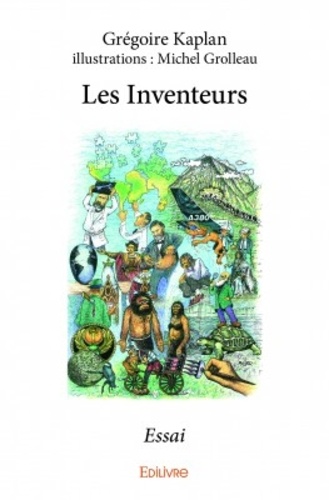
Littérature française
Les inventeurs. Essai
02/2017
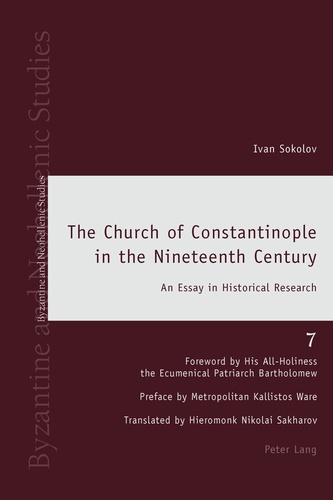
Non classé
The Church of Constantinople in the Nineteenth Century
02/2013
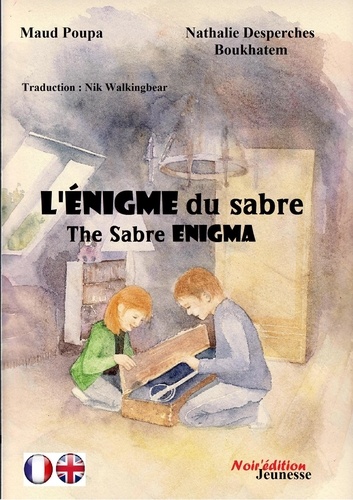
Lecture 6-9 ans
L'énigme du sabre. Edition bilingue français-anglais
06/2018
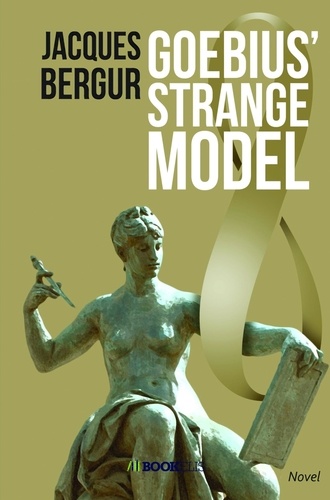
Policiers
Goebius' Strange Model
01/2020
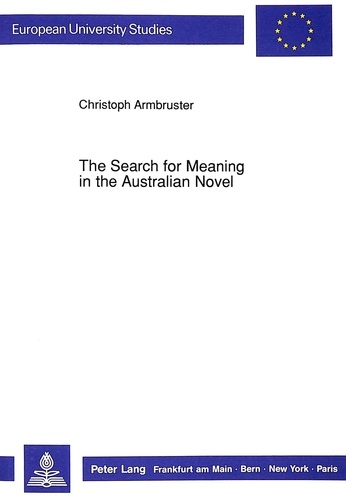
Sociologie
The Search for Meaning in the Australian Novel
10/1991
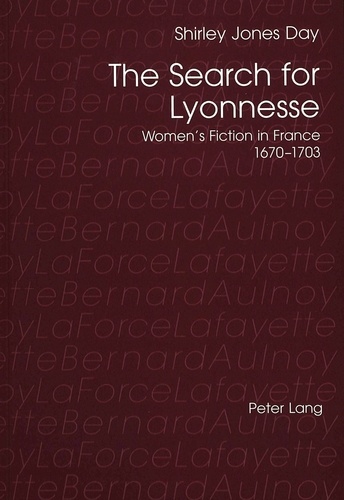
Non classé
The Search for Lyonnesse
07/1999

12 ans et +
Les 8 royaumes mortels Tome 1 : La cité de Pierre-de-Vie
06/2019
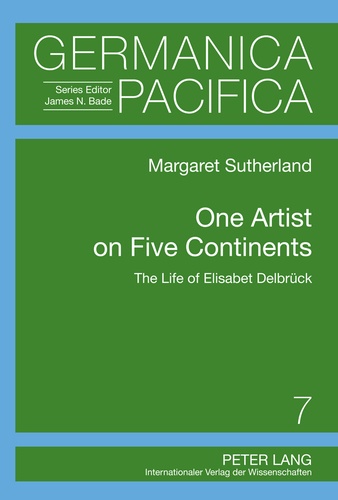
Histoire internationale
One Artist on Five Continents
12/2011

